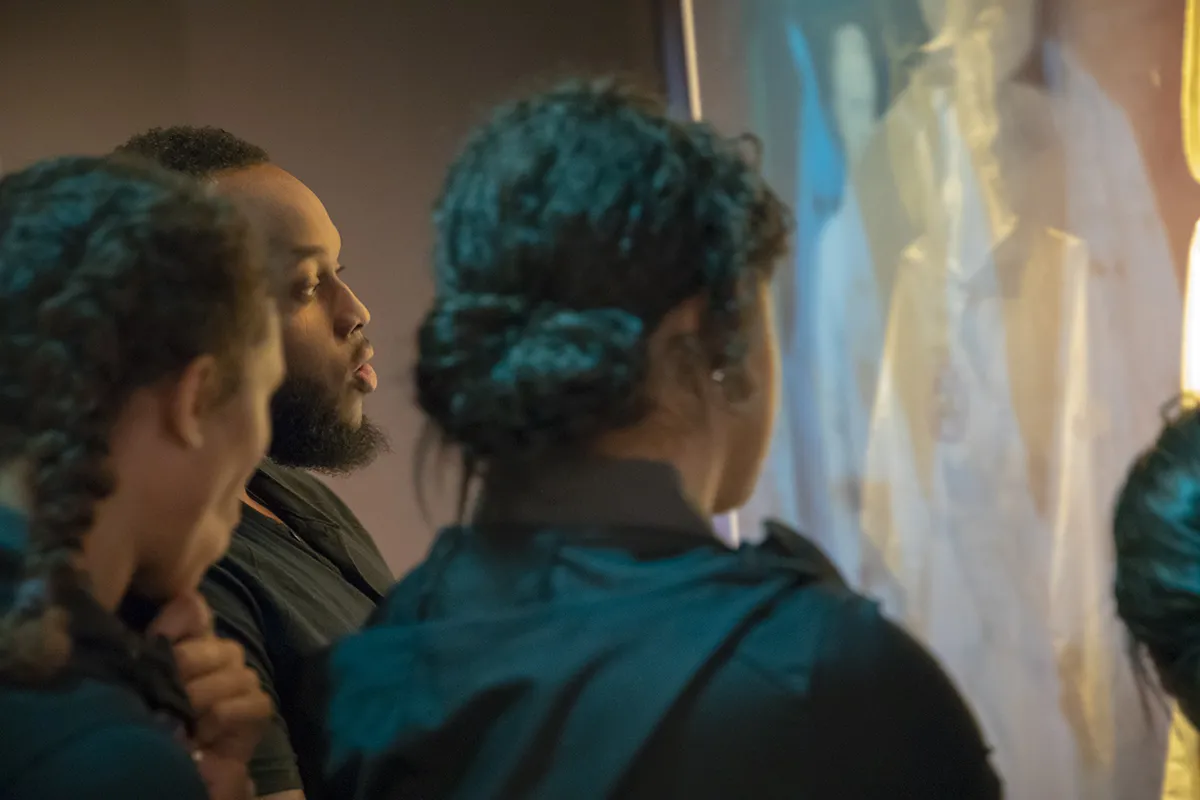In 1963, before the Rev. Dr. Martin Luther King Jr. led the March on Washington, a survey found that 66% of white Americans believed there was no race problem.
“They didn’t understand why his March on Washington had to happen. They didn’t understand what the ‘Negroes’ were doing; they didn’t understand King,” said RahKim “RahK” Lash, director of the Center for IDEAS (Inclusion, Diversity, Equity, and Social Change) and the MLK Scholar Program at Ithaca College. “Over the course of theCivil Rights Movement, Black folks were told they wanted too much too fast. Even if you just focus on King’s Letter from Birmingham Jail, religious leaders were telling Dr. King, ‘You’re moving too fast’; ‘This isn’t how you do it’; and, ‘This isn’t how you go about justice.’”
A 2019 survey from the Pew Research Center showed that the perceptions of white Americans hadn’t changed much. And Lash sees echoes of the same sentiment playing out today. As Black Americans continue to speak out about the injustices they face—by kneeling during the national anthem or by marching in cities across the country—some observers criticize the approach . . .and miss the point.
“Folks are saying, ‘Don’t do it like this. Do it like that.’ But then we’ve been doing it like that, and every other way, and we still haven’t gotten what we need,” Lash said. “Changing Aunt Jemima and giving folks Juneteenth off doesn’t address structural oppression. Those are things you probably should have done many, many years ago. Those might be some good first steps, but that’s not what people are asking for. So it begs the question, ‘Are we really listening to each other?’”
